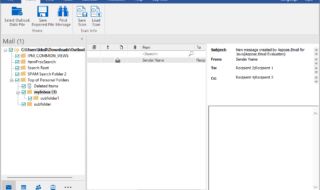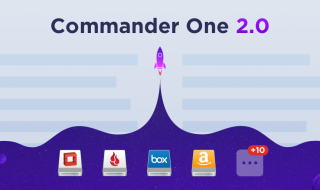When it comes to legal operations software, there are plenty of options to choose from. But with so many choices, how can you be sure that you’re making the best decision for your law firm? Here are a few tips on how to find the top legal operations software for your firm.

Contents
1. You Get What You Pay For
Will you get something that works well or will you get something that’s “good enough?” The quality of legal operations software varies greatly from one provider to the next, so when shopping around for a system, do not skimp on cost. Be willing to pay what it takes to get a complete system with an easy-to-use interface and all the bells and whistles you might need. If you’re still not sure what you need the software for, you can look at brightflag.com to see what a software solution might cover. If your vendor cannot provide a sensible price in writing – including exactly how their charges are calculated – walk away. Do not pay more than half the price quoted by any other bidder, including previous bids from this one.
2. Your Old System Will Need Replacement Soon
Inevitably, your law firm’s old system will be on its last legs. Whether it’s because of incompatibility with new versions of your firm’s operating system or just a backlog of unresolved issues, you need to consider whether or not the vendor can support your existing platform, whether Windows 7 or Mac OS 10.8 (Mountain Lion). If your current contract is up for renewal at the same time as your old system begins to fail, negotiate an early exit clause that allows you to “buy out” of your remaining term for a negotiated sum that does not exceed 50% of what you’ve already paid over the life of the agreement.
3. Vendor Reputation Counts
As with any other product or service you buy, legal operations software must provide reliable results and you need to know that it will be around for the long term. Only choose a vendor with a proven track record and large customer base so you can take advantage of their expertise and experience. While there is no such thing as an “unbreakable” system, look for companies who have been in business long enough to weather typical technology storms and those that have been through those challenges successfully without requiring costly workarounds or patches that drive up costs over time.
4. The Whole System Matters
In addition to its technical capabilities, legal operations software must also provide comprehensive support services, including training, customization, maintenance, and upgrades. It’s important not only to consider whether your firm can afford the initial cost of acquiring new technology but also how much ongoing support services will cost. Even the most expensive systems are useless if they require ongoing software or hardware modifications to meet your needs or if their products must be supplemented with costly add-ons.
5. Look For A Proven Track Record With The Law
The ideal legal operations software solution can produce reliable results, but it’s also important that they provide reports that speak the language of the law profession – “legalese.” Many providers offer sample templates and wizards to help you customize reporting so it meets your unique data requirements without doing all of the work yourself. These tools are especially helpful for firms with less technical experience because behind every good template is a flowchart demonstrating what goes where on each line of a report so users can see how to input their data for each specific type of report and what the output will look like.
6. How Much Will It Cost To Migrate?
Data migration is a pain, especially if you’re dealing with large quantities of data. Even the simplest system will require at least some re-entry of data and mapping between old fields and new ones. The legal operations software industry has already begun embracing open standard formats like eXtensible Markup Language (XML) to make it easier for users to move their data to different systems or partners without losing any information along the way – eventually, this could result in every provider using the same inputs and outputs which would improve portability between even competing products. As your search narrows, ask vendors how they plan to help you transition from your current platform into theirs – it’s difficult enough staying ahead of technology without the added headache of system migration.

There are many factors to consider when selecting legal operations software, but don’t be afraid to ask for help. The majority of providers are more than happy to sit down with you and discuss your needs at length so they can recommend the product that will work best for you. Just keep in mind that the more you know about the industry and your own needs, the easier it is to find a solution that delivers maximum value for your dollar.



